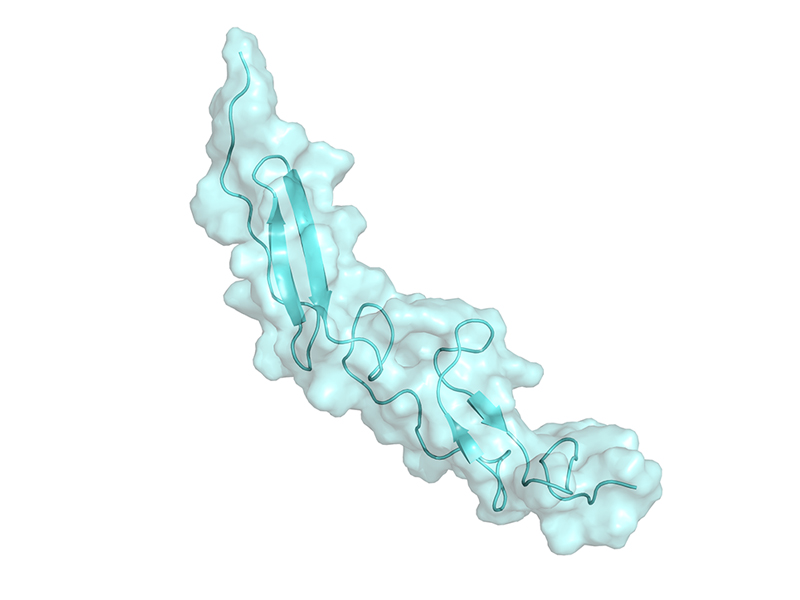
Development of nontoxic bio-adhesives for wet environments
Brief description
Over the past 30 years, the interest in developing bio-adhesive materials has been growing due to their potential applications in various aspects of life science. In this context, mussels have garnered significant attention owing to their remarkable ability to firmly anchor themselves to rocky surfaces even in harsh conditions. The key to their robust underwater adhesion lies in the secretion of a protein-based, stringy appendage known as the byssus, composed of bundles of intertwined fibers. Each filament terminates with a protein-rich plaque containing mussel foot proteins (mfps) that possess adhesive properties, serving as a water-resistant glue that enables mussels to securely attach to diverse substrates. The complex process of plaque formation comprises several steps, one of which involves the coacervation of mfps to enhance wettability and adhesion to the surface.
To shed light on this intriguing mechanism, our initial focus was on the characterization of Pvfp-5β, one of the mfps from the Asian green mussel Perna viridis. It is the first to be secreted and to establish interactions with the substrate, making it a particularly fascinating subject of study. We successfully produced recombinant Pvfp-5β in bacteria with no post-translational modifications. We then found that this form possesses low toxicity and intrinsic adhesive properties, comparable to those of the Dopamine-rich protein extracted from the natural source. Subsequently, we took a significant step towards understanding the structural determinants of Pvfp-5β’s adhesive properties by solving its 3D structure in solution and characterizing the dynamics of the protein, by NMR and molecular modelling. This research will contribute into the knowledge base for both biological and biotechnological applications.
Impact
The development of innovative, naturally derived adhesives has the potential to revolutionize various fields, including tissue engineering, medical device implantation, regenerative medicine, and surgery. In fact, there are situations where conventional techniques like suturing are impractical, making tissue adhesives a critical alternative. Bio-adhesives would offer a crucial alternative with several advantages, including reduced invasiveness, lower tissue damage risk, enhanced immobilization, and the ability to promote wound healing through diverse mechanisms. However, the develop of new bio-adhesive molecules is very challenging since they must be capable of functioning effectively in wet environments and facilitating efficient tissue adhesion under these conditions.
Sessile organisms, such as mussels, secrete proteins with remarkable adhesive properties in aquatic settings, serving as a valuable source of inspiration. Understanding the complete mechanisms underlying the adhesion processes involving mussel foot proteins (mfps) could be of paramount importance for developing biomaterials with properties that can be used not only in regenerative medicine and tissue engineering but also in the field of materials science.
Pipeline
-
CLINICAL
NEED -
DISEASES
ANALYSIS - DISCOVERY
-
PRECLINICAL
VALIDATION -
PRECLINICAL
DEVELOPMENT -
CLINICAL
STUDIES

Principal Investigator
Contact
Therapeutic area:
Products:
Medical devices & tissue engineering
Collaborations:
UK Dementia Research Institute (UK DRI) – King’s College London, Londra, Regno Unito
Istituto di Biofisica (IBF) – Consiglio Nazionale delle Ricerche (CNR), Palermo, Italia
Scarica il pdf del progetto
